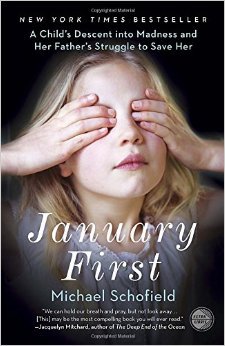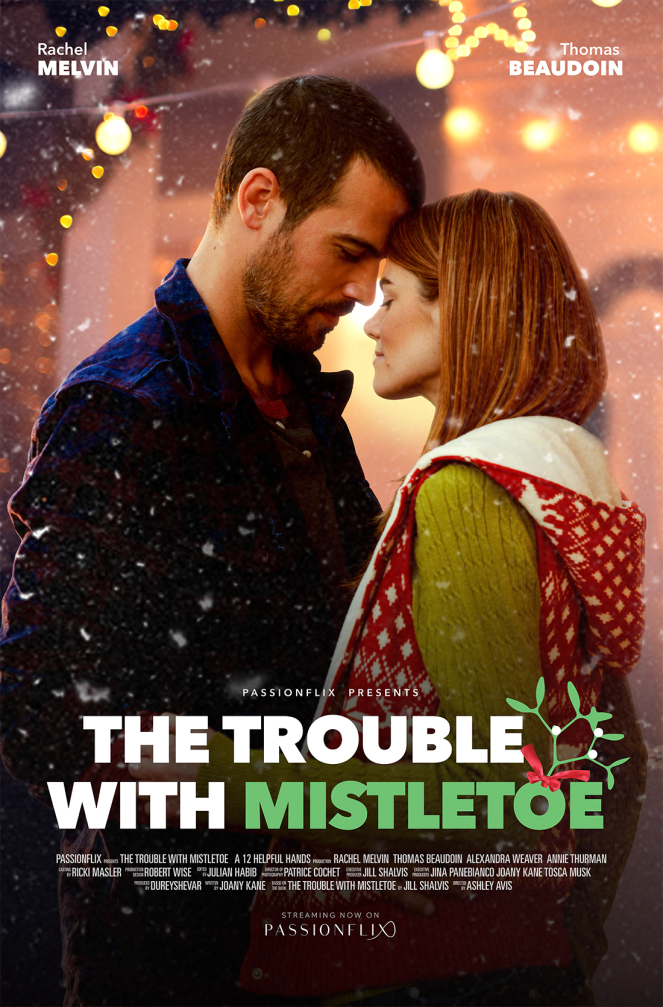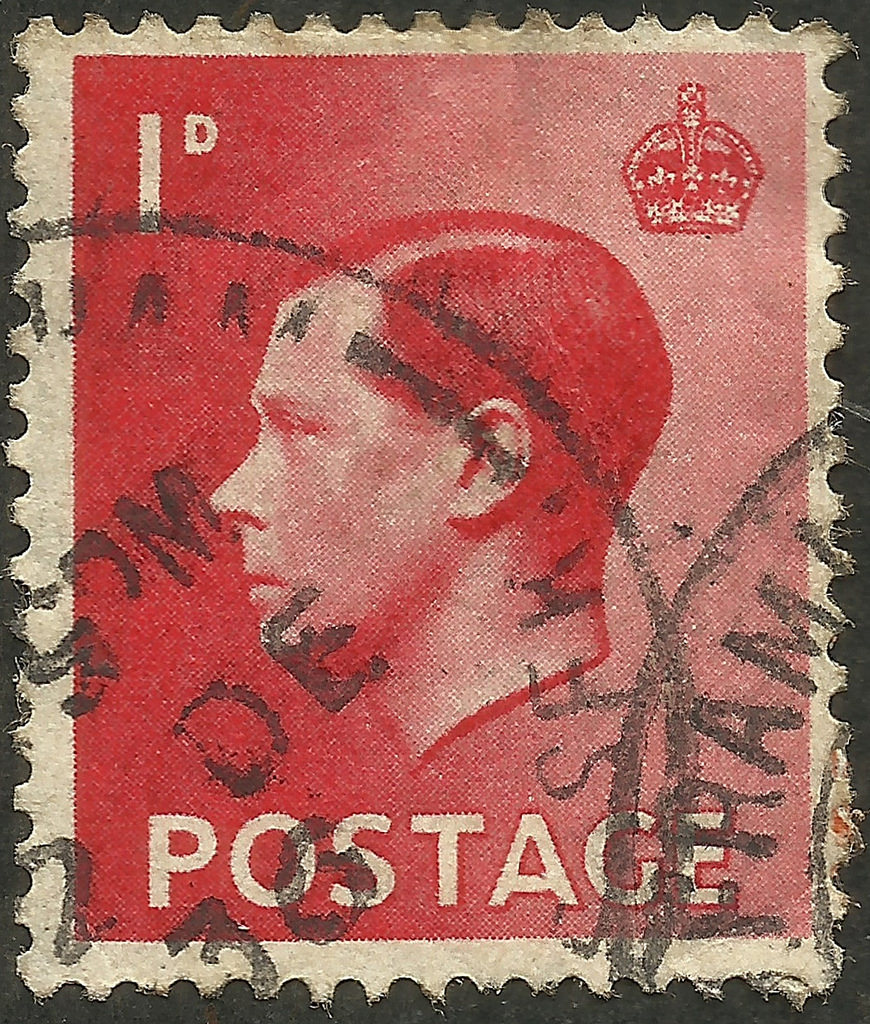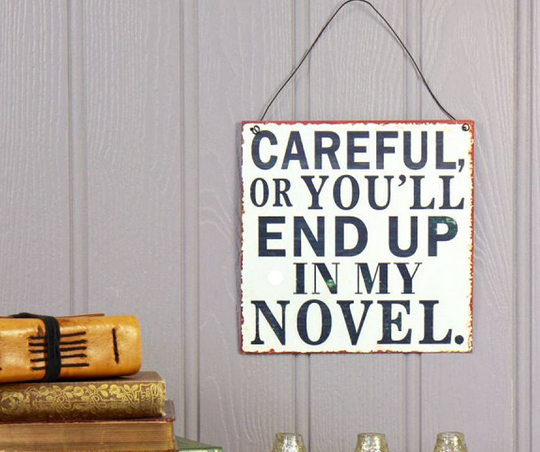
Read 24/04/2017
Rating: 3 stars
In an unnamed country, alongside an unnamed river, a tented community grows. The first settler is Hen. Then comes the unnamed narrator. A third man, Thomas, joins. He has a fancy octagonal tent. Then Isabella arrives with her red tent and her penchant for swimming naked in the river. It’s a community of individuals who do little but lead a quiet life in their tents alongside the bend in the river. But then a fully formed society arrives, organised and structured, and putting noses out of joint among the existing residents.
Magnus Mills’s eighth novel is an allegory for a set of early historical invasions of Britain, starting with the Romans, and going via the Vikings to reach the Christians who established the pattern of life we still largely pursue today across this sceptred isle. But it could also be an allegory for any invasion of one established society by another, where a relatively peaceful existence is rudely upset by comers in with their self-asserted social improvements, their tasty milk pudding and their delicious biscuits.
You could scale down as well as up. As I read it, it seemed to me very similar to an online forum I used to belong to for the band Doves. Once upon a time, there had been a place called The Brown Board where people who had loved the band before the band even knew about themselves would congregate. Then the band had success and their record label set them up a shiny new forum, simply known as Doves Board. Some of the Brown Boarders formed a clique. They didn’t like new fans arriving and spoiling their nice introspective chats. But the new fans didn’t care and gradually the new board became a bigger community, until it turned into troll and spam central and everyone left. Human nature plays itself out on all kinds of scales.
It also seemed the same as work, where we are very clichéd in our dysfunctionality. We form tight bonds in a weird, backs against the wall kind of way. I sometimes think we have a workplace form of Stockholm Syndrome. These tight bonds are tough to break into. It can take years to be accepted. Like a discarded utensil that you never get round to clearing out eventually becomes an ornament. I said we were dysfunctional. Or it takes another new recruit to take on the role of new person, so that the previous suspect can make the leap to member of the team. I’m not proud of this. I’m just observing.
The Field of the Cloth of Gold captures that suspicion of the unfamiliar very well, and the resistance that people who are comfortable in their current way of life show to anything or anyone that threatens that comfort. When Thomas arrives, he shows his prior claim to residency by ignoring the narrator completely. It’s so bloody British.
I knew that he couldn’t have failed to see me standing there: I was barely a stone’s throw away, and actually our eyes met for a moment as he surveyed his surroundings. I waited for a nod of acknowledgement, which was customary in such circumstances, but to my surprise he turned and began closing up his tent. Next there followed a prolonged interlude during which he appeared to do nothing in particular, while constantly ignoring my presence; then eventually he moved off towards the river.
This isn’t the strongest work by Mills, I’ll admit, but it’s still very funny in a whimsical way. The allusions to the Great Field being Britain in microform get a bit wearing towards the end. I got the feeling Mills knew he’d wrung as much out of it as he could. I’ve read two of his other books, both of which have an extra depth to them that The Field of the Cloth of Gold seems to be lacking. All Quiet on the Orient Express is a very British, very mild, bucolic novel about politeness that slowly turns into a Kafka-style nightmare of frustration and irresistible inevitability. That’s the Mills book I recommend to people. The other one I’ve read (so far, I have more waiting on my to read pile) is Three to See the King. That’s another allegorical one, and covers similar themes to The Field of the Cloth of Gold, but does it better. Three to See the King is an observation on the nature of wanting to belong but not wanting to be lost in the mass. There is a hollowness to its centre such as you get with dreams that feel real. It’s a book that I still think about, more than three years after I read it. I don’t know that I will still think about The Field of the Cloth of Gold the same way.
Reading it did make me think about why Mills’s writing appeals to me. I think it’s because he talks about freedom, and feeling trammelled, and wanting life to be different but not having the impetus to do anything about it. His characters are often diffident, taking the easier route and becoming trapped in a life they didn’t quite ask for but didn’t resist when it happened. That’s how I feel about my life a lot of the time, that things happen and I accept them, because I’m too lazy to be proactive. Most of us are rats on a treadmill, but we don’t acknowledge it, because to acknowledge it would be to go mad. There is madness at the edges of what Mills writes, and it’s that that I like.
Advertisements Share this:




